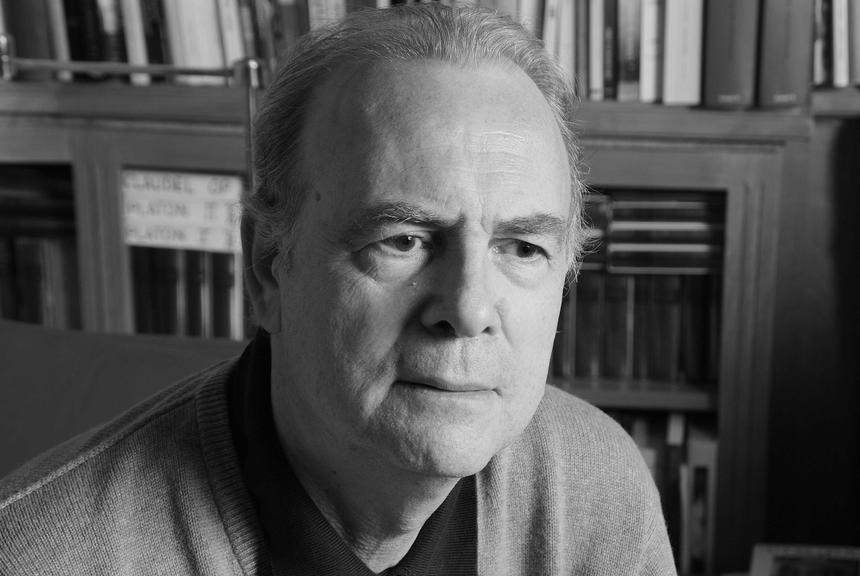Translated by Penny Hueston
I’d tell him everything, about my mother, about Jean Borand, about the apartment near the Bois de Boulogne, and about the girl they used to call Little Jewel…The same terrifying panic that came over me in the street and woke me with a start at five in the morning.
One day in the corridors of the metro, nineteen-year-old Thérèse sees a woman in a yellow coat. Could this be her mother? Who called her Little Jewel? But didn’t her mother die in Morocco years earlier? She follows the woman, hoping to find answers to questions that have haunted her since childhood.
As Thérèse describes her elusive memories, travelling around Paris, she reveals how every corner of the city recalls the past.
Little Jewel is a profound story about memory, childhood, betrayal, and the search for identity and connection. Called the ‘Marcel Proust of our time’, Modiano writes prose that is limpid, spare and elegant. The 2014 Nobel Prize committee awarded him the prize ‘for the art of memory with which he has evoked the most ungraspable human destinies and uncovered the life-world of the Occupation’.
Translator and senior editor Penny Hueston introduces the ‘haunting, sometimes hallucinatory tones’ of Patrick Modiano in this piece on the Text blog.
Read a feature on Modiano and post-war Paris in the Australian.
Read a review by ANZ Litlovers.
andLittle Jewel
‘Little Jewel is Modiano’s Madame Bovary.’
‘Modiano is the poet of the Occupation and a spokesman for the disappeared.’
‘Throughout these books, Modiano tackles thoughtfully and with great imaginative sympathy, that most necessary and problematic part of the human psyche – our relationship with the past.’
‘These novels [Paris Nocturne and Little Jewel] are not just a collection of marks on a collection of pages but a metaphysical archive of a time of complex personal and collective trauma. In Modiano, the city is a mirror, each of its streets a palimpsest. We gain access to an inner life that otherwise goes undetected.’
‘A short book, that can easily be read in a single sitting, and given the mood it creates it is probably advisable to do such. This is another novel in translation that uses elusive memories and nostalgia to reveal an identity. An original voice and a decent introduction to Modiano’s work.’
‘Strange, wonderful and very French.’










